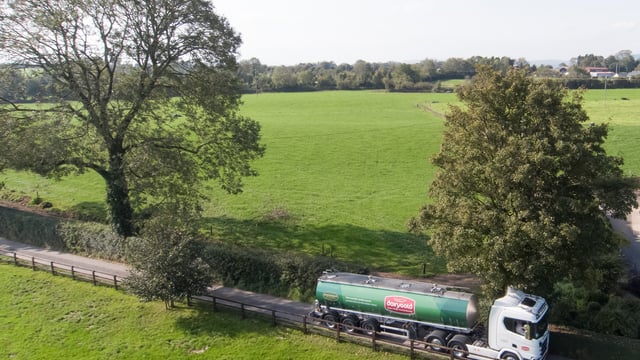TD queries cost of ag and vet inspectors
Agricultural inspectors receive a salary commencing at €75,736 and increasing to €106,005 on a personal pension contribution (PPC) salary scale, inclusive of long service incremental credit, according to the Minister for Agriculture, Food and the Marine, Martin Heydon.
The minister was responding to a parliamentary question from Sinn Féin TD, Sorca Clarke.
Minister Heydon also outlined that the grade of veterinary inspector starts on a salary of €68,683 which increases to €118,165, also on a PPC salary scale inclusive of long service incremental credit.
He said: "The full year cost to my department to recruit three additional WTE (whole-time equivalent) agricultural inspectors and three additional WTE veterinary inspectors is €433,257, assuming all would start at the first point of their respective scales.
"My department is committed to ensuring that a skilled and motivated workforce is in place to meet its business needs and utilises workforce planning to identify and address these requirements throughout the organisation," he added.
Separately, the Independent Licenced Merchants Association (ILMA) has claimed that the law change around veterinary medicines could result in eight out of every nine of its 350 members closing within the next 12 months.
The stark figure was provided by Terence O’Shea, who represented the ILMA at a meeting of the Joint Oireachtas Committee on Agriculture and Food.
However, that figure is, according to O’Shea, based on amendments proposed by the ILMA being adopted and included in the legislation.
Without those amendments, the ILMA claimed that the impact could be even worse, with only around five out of the 350 remaining in business over the next 12 months.
The Veterinary Medicinal Products, Medicated Feed and Fertilisers Regulation Act mandates, among other requirements, that certain veterinary medicines that previously could be purchased by farmers without a prescription would now require a prescription from a vet.
The regulation has led to concerns from licenced merchants of veterinary medicines, as well as many politicians, that vets which stock veterinary medicines would be in a position to retail the medicines they issue prescriptions for, reducing competition from merchants and potentially squeezing them out of business.





